RELEASE: P4G to Award $4.7 Million to 17 New Partnerships to Scale Innovative Climate Solutions
Subject
P4G Partnerships
Publication Date
2025-04-16
Partnership
MYCL – ASEIC , agriBORA – CIAT, Maltento - WWF, AgriLogiq – Savant Technology Incubator, enfarm – CARE , Waterlife – Max Foundation , BUYO – ASSIST, BATx – Fundación Socya, Mobius Energy – Savant, Urban Farmers Pro – Conexión Colombia, ReFeed – Action on Poverty, Shamba Pride – OPES-LCEF, Crustea – Su-re.co, Estifanos, Betelhem, and Friends Business Company – NABU Ethiopia, SaBio – Comfama ,
About
WRI’s Partnering for Green Growth and the Global Goals (P4G) initiative will provide grants and technical assistance to help these startup businesses to become investment-ready.
WASHINGTON (April 16, 2025) — Today at the 2025 P4G Vietnam Summit, P4G’s Executive Director Robyn McGuckin announced $4.7 million in grant funding will be provided to 17 innovative startup partnerships in Africa, Latin America and Southeast Asia. This financing will help early-stage businesses become investment-ready, enabling them to scale climate solutions like sustainable agriculture, food loss and waste, energy storage solutions and water security.
At COP29, wealthy nations agreed to increase climate finance for developing nations, setting a new target of $300 billion annually by 2035, an improvement from the previous $100 billion goal. However, this falls short of what’s needed. Global leaders emphasized that public and private sector actors, including governments, businesses and financial institutions, work together to mobilize $1.3 trillion per year by 2035.
P4G’s model of providing early-stage funding and technical assistance aligns with this urgent need to mobilize climate investment. By bridging early-stage finance gaps, these startups can attract further capital and drive systemic change across key sectors. By 2027, these partnerships aim to collectively leverage $42 million in investments, create over 4,500 new jobs, benefit about 830,000 people and reduce or avoid around 450,000 metric tons of carbon emissions.
“Startups can play a catalytic role in advancing the climate transition, yet they remain significantly underfunded,” said Robyn McGuckin, Executive Director, P4G. “With P4G’s specialized support, these startups will scale investable adaptation and mitigation solutions that will not only build resilience in climate-vulnerable regions but also create pathways for sustainable economic growth and private-sector investment.”
P4G connects early-stage startups to nonprofits and technical specialists who can help them strengthen their market understanding, business proofs and Environmental-Social-Governance strategies to make their solutions more attractive to investors. These new P4G partnerships will focus their efforts on Colombia, Ethiopia, Indonesia, Kenya, South Africa and Vietnam.
Startup partnerships also benefit from P4G’s National Platforms — national level public-private platforms— who gain real-world insights from the startups and connect them to relevant agencies, facilitate policy dialogues, and host workshops to create a more enabling market environment for climate businesses.
One of these partnerships, BATx – Fundación Socya, will use its funds to reduce e-mobility waste and scale sustainable energy storage in Colombia and Latin America. By refurbishing end-of-life lithium-ion batteries for reuse in energy storage systems, BATx is creating a circular economy that cuts waste and lowers environmental impact.
“BATx is poised to become a leading provider of energy storage solutions in Latin America,” said Pablo Castellanos Ramelli, co-founder and COO, BATx. “P4G’s support will help us scale rapidly, deliver cost-effective, second-life battery systems and advance Colombia’s renewable energy transition.”
Some of the partnerships receiving funding include:
- Mobius Energy – Savant – solar-electric refrigeration system for commercial transport vehicles in South Africa.
- Waterlife - Max Foundation – safe drinking water through solar-powered and treated water hand pumps in Ethiopia.
- enfarm - CARE – IoT-powered soil sensors to improve soil health and crop yield for smallholder famers in Vietnam.
P4G received 150 applications for this round of funding. An Independent Grants Committee, comprising climate and impact investing experts, evaluated the shortlisted partnerships to select the final recipients.
Since its launch in 2018, P4G has evaluated over 1,000 applications and funded 119 partnerships that have mobilized over $526 million in total investment within their sectors, generated more than 14,000 jobs and prevented more than 11.6 million metric tons of carbon emissions. P4G partnerships focus on providing products and services in climate-smart agriculture, food loss and waste reduction, water resilience, zero-emission mobility and renewable energy.
View the full list of partnerships and their solutions.
About P4G
P4G helps early-stage climate startups in emerging markets and developing economies become investment ready. We provide startups with grants and technical assistance, and partner them with national level public-private platforms to help navigate the marketplace. Through this approach, P4G strengthens market systems for climate entrepreneurs and accelerates just and resilient country economic transitions. Hosted by World Resources Institute and funded by Denmark, the Netherlands and the Republic of Korea, P4G accelerates food, water and energy partnerships in Colombia, Ethiopia, Indonesia, Kenya, South Africa and Vietnam. To learn more, visit www.p4gpartnerships.org.
About World Resources Institute
WRI is a trusted partner for change. Using research-based approaches, we work globally and in focus countries to meet people’s essential needs; to protect and restore nature; and to stabilize the climate and build resilient communities. We aim to fundamentally transform the way the world produces and uses food and energy and designs its cities to create a better future for all. Founded in 1982, WRI has nearly 2,000 staff around the world, with country offices in Brazil, China, Colombia, India, Indonesia, Mexico and the United States and regional offices in Africa and Europe. Learn more at WRI.org and on X @WorldResources.
Empowering partnerships to deliver lasting climate impact
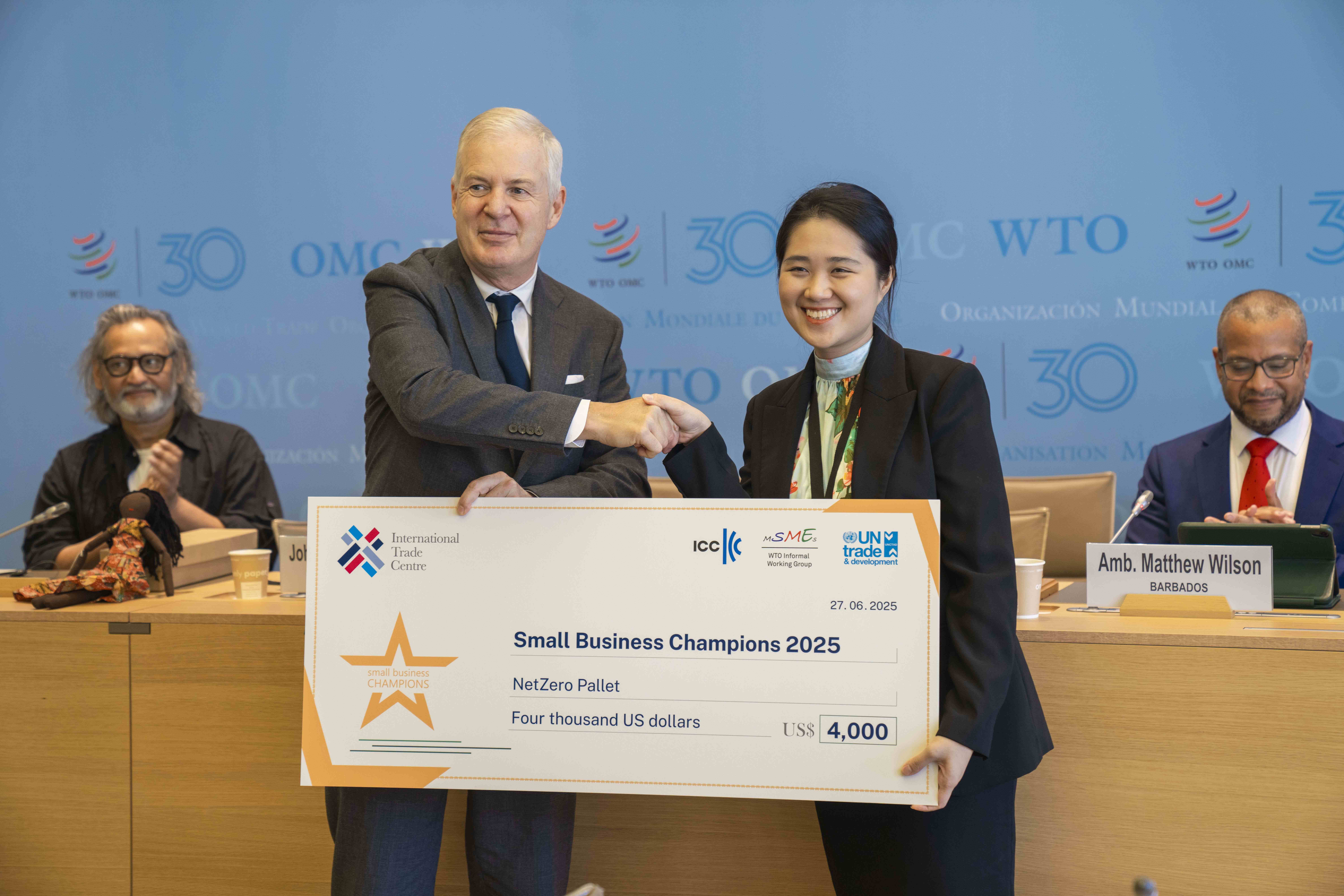
External article
Empowering partnerships to deliver lasting climate impactPublication Date
2025-07-23
Discover How P4G National Platforms Unlock Local Climate Solutions 🌿
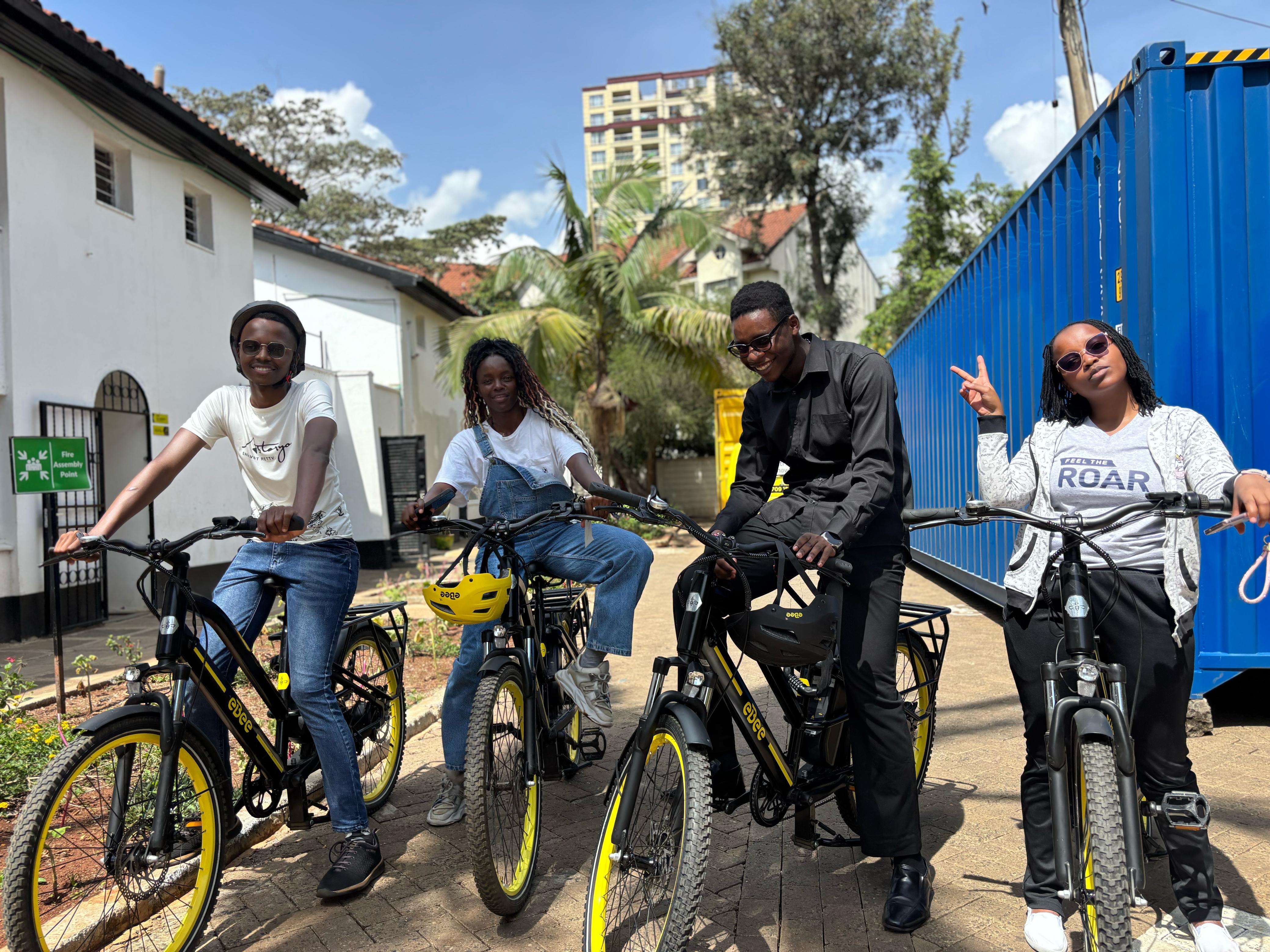
External article
Discover How P4G National Platforms Unlock Local Climate Solutions 🌿Publication Date
2025-06-25
Reflecting on the 2025 P4G Vietnam Summit
External article
Reflecting on the 2025 P4G Vietnam SummitCountry
Republic of Colombia, Denmark, Ethiopia, Vietnam, Indonesia, South Africa, Kenya, The Republic of Korea, Netherlands
Publication Date
2025-05-02
P4G Round 2 Partnerships Induction Meeting
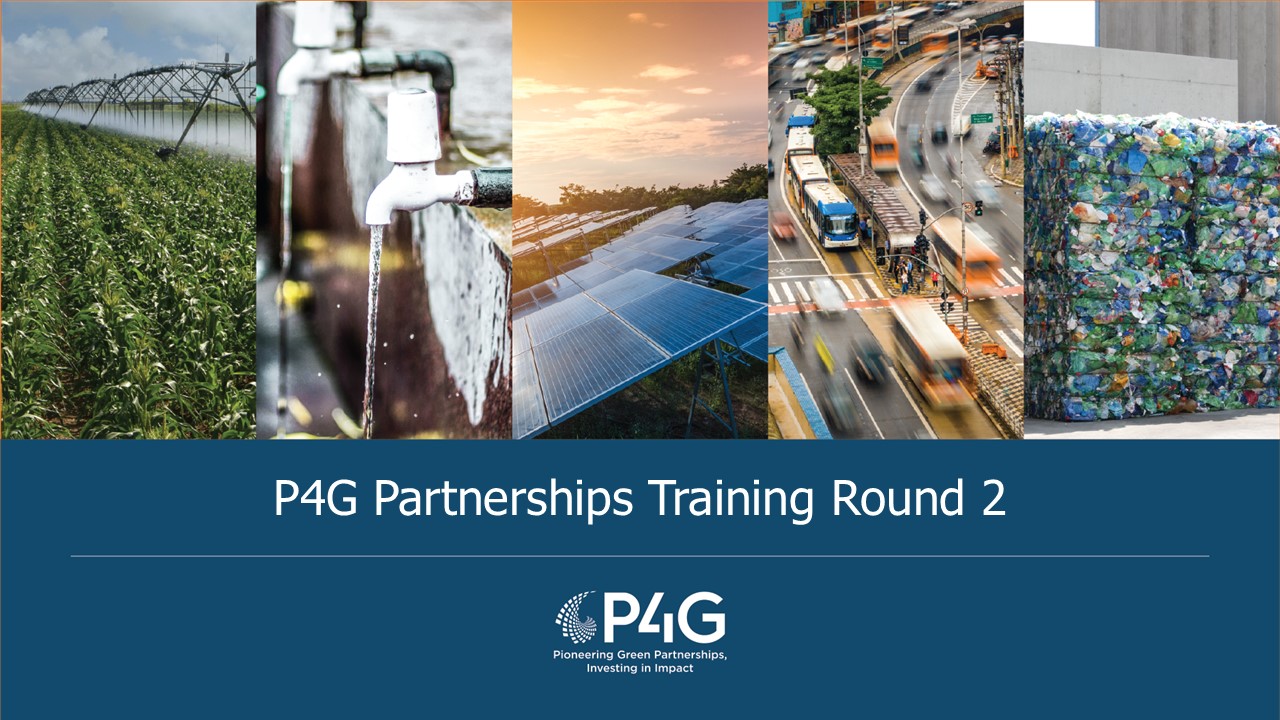
External article
P4G Round 2 Partnerships Induction MeetingPublication Date
2024-10-21
Celebrating Progress and Impact: See How P4G’s Partnerships Are Growing
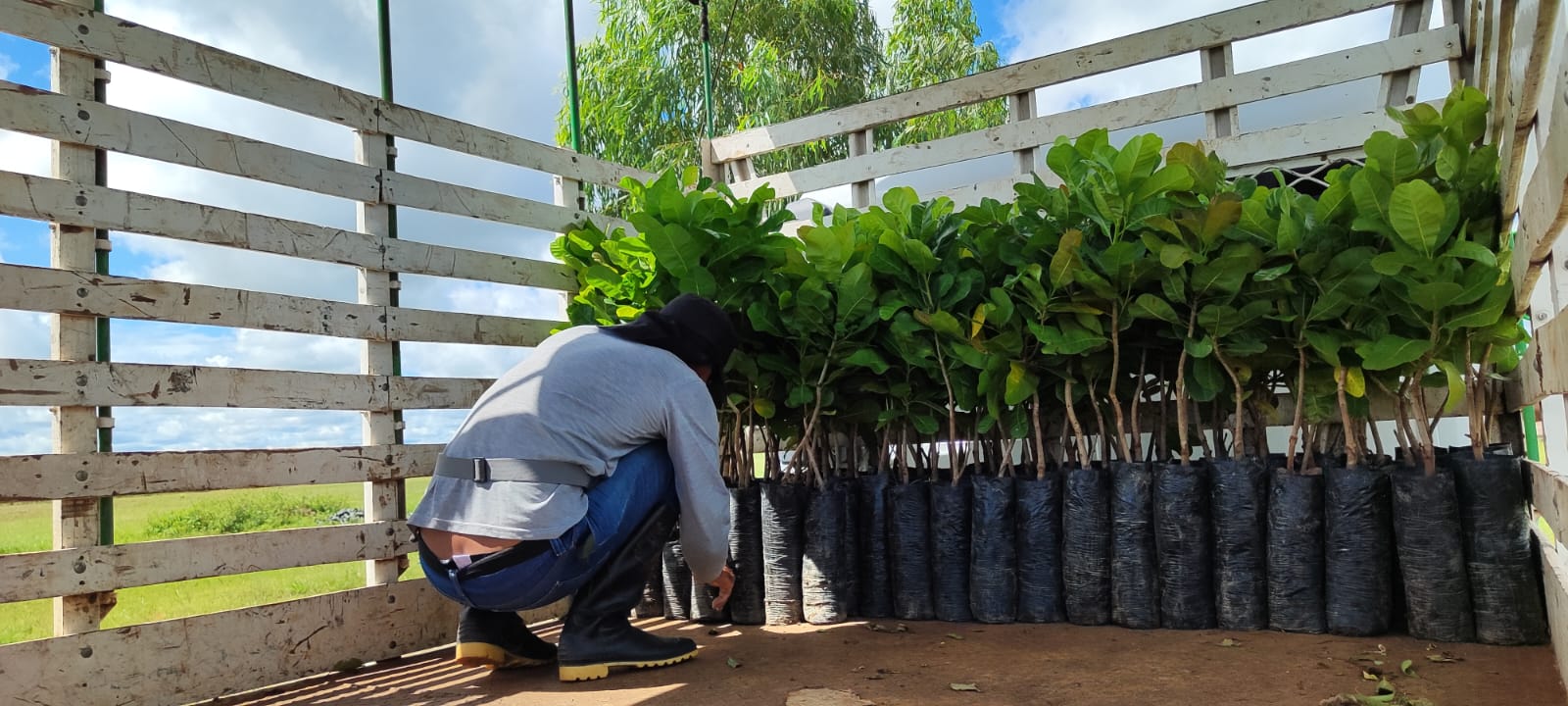
Country
Republic of Colombia, Vietnam, Indonesia, South Africa, Kenya
Publication Date
2024-09-20
Apply for P4G’s Round 3 Grant Funding!
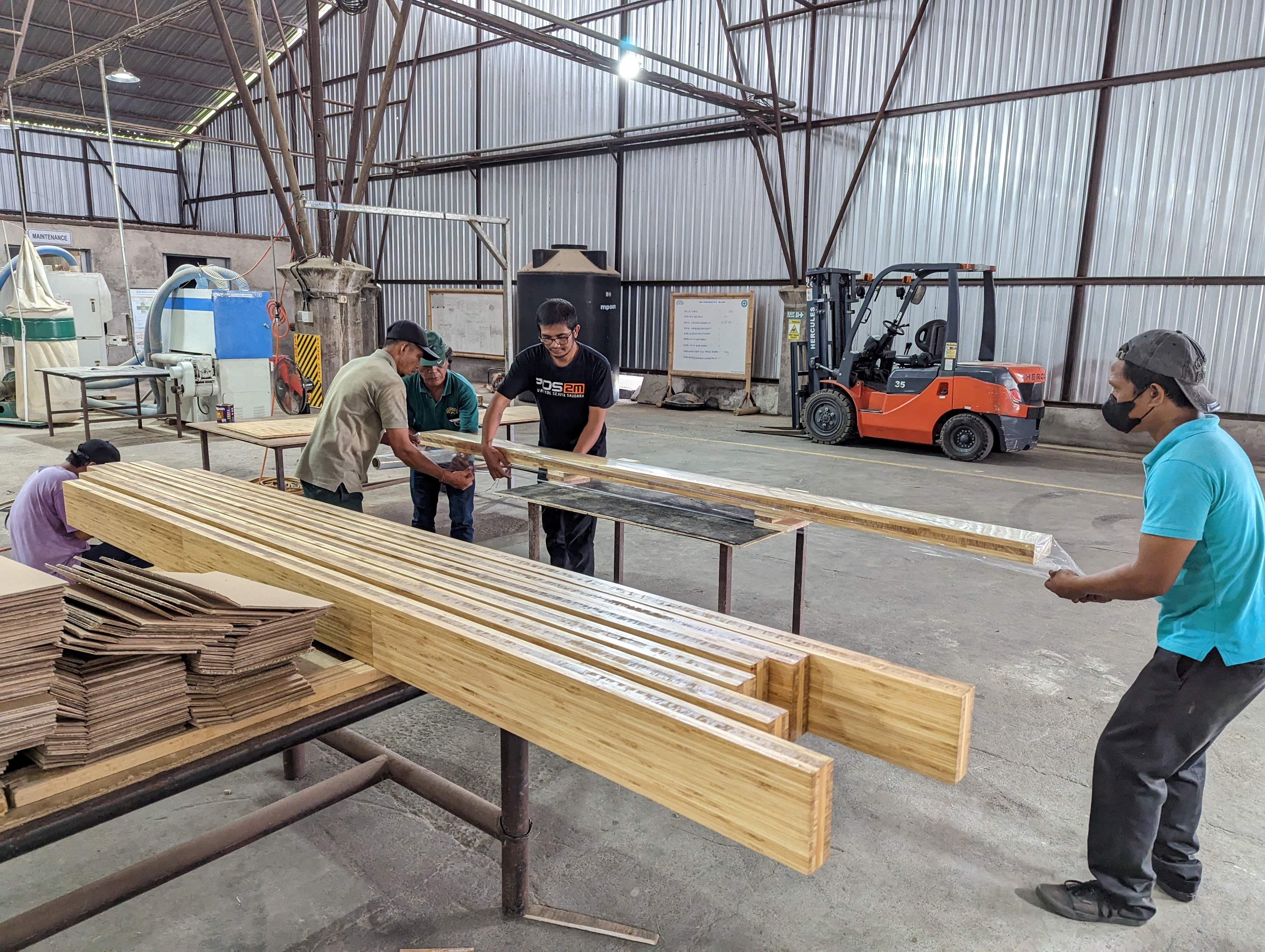
Investors Shed Light on Barriers, Opportunities and Effective Financing Mechanisms for Climate Startups
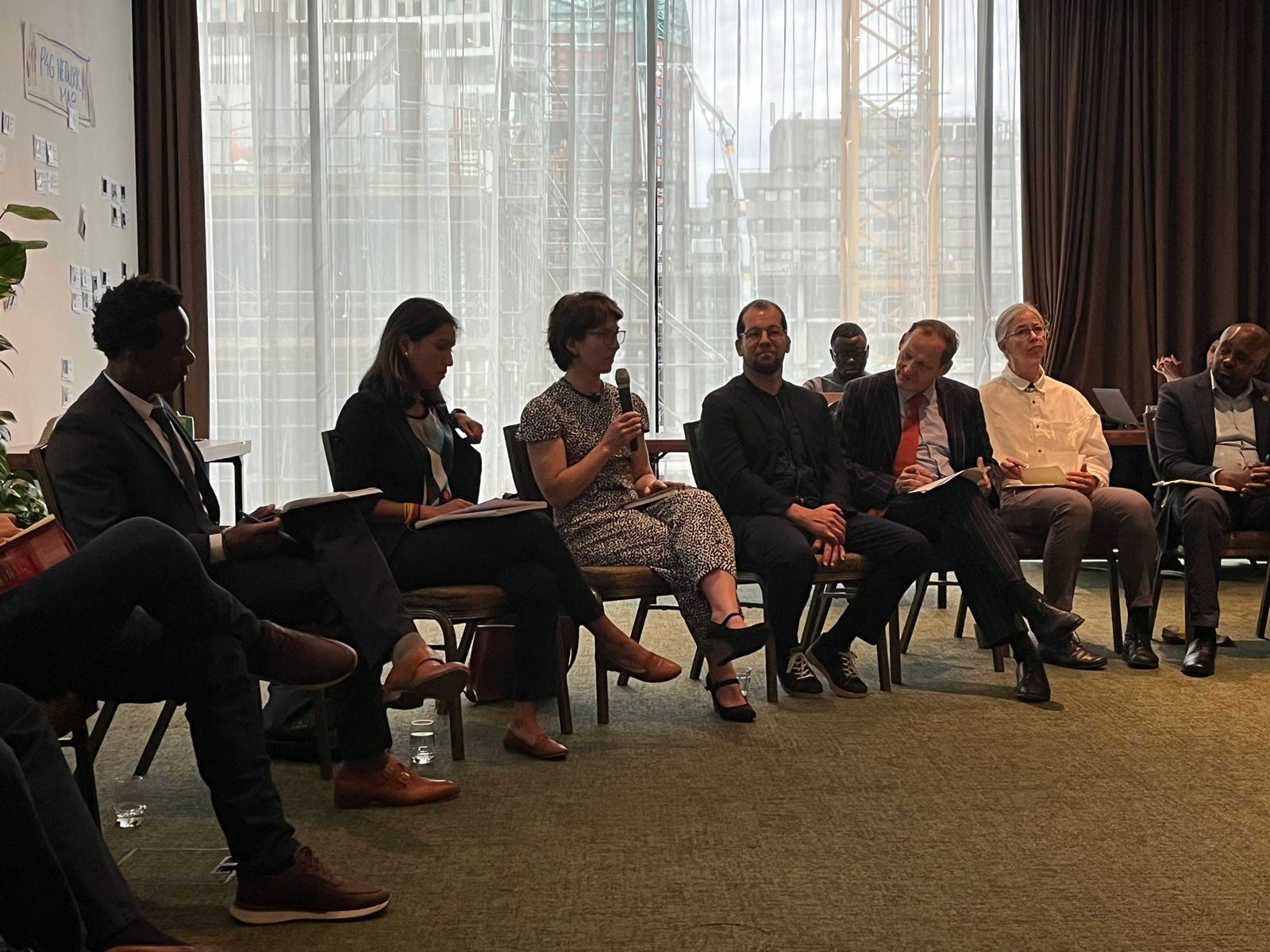
Subject
Events
Country
Republic of Colombia, Denmark, Ethiopia, Vietnam, Indonesia, South Africa, Kenya, The Republic of Korea, Netherlands
Publication Date
2024-07-12
About
- What are the primary barriers preventing capital flow to climate and social startups in low- and middle-income countries (LMICs)?
- What role can regulations play in overcoming financing barriers?
- What are the most effective financing mechanisms for startups in LMICs?
Small and medium enterprises, which include startups, represent about 90% of businesses and more than 50% of employment worldwide. In emerging markets, most formal jobs are generated by SMEs, which create 7 out of 10 jobs. However, access to finance is a key constraint to their growth.
It is against this background, that a leading panel of impact and institutional investors discussed key barriers and effective financing mechanisms for startups at the P4G National Platforms Gathering on June 20, 2024. Jock Geselschap, Head of Climate Team at the Ministry of Foreign Affairs in The Netherlands moderated the discussion.
The Importance of Adapting to Local Contexts
“We look for too much,” with those opening words Stanley Anyetei, Lecturer at TIAS and Investment Officer at Triados Investment Management, challenged investors to pare down their requirements of startups in LMICs.
A sentiment shared by Thelma Brenes Muñoz, Evaluations and Knowledge Management Manager, FMO, who reminded the room that ecosystem building takes time – between 5 – 10 years. It’s an endeavor that requires technical assistance and concessional finance, most of which may not get returns. She also raised the point of European taxonomy not working for emerging markets and how it needs to be adapted to the local markets. Muñoz shared how FMO worked with banks on ESG management to help them understand why climate risk management was important to their portfolio. These conversations brought together multiple stakeholders, including regulators, associations of national banks, CEOS and leaders of banks to identify effective solutions.
"I'm a big proponent of building communities. I think that’s the driver for people speaking to each other, people learning from each other - that's really the key for any development," said Rune Theill, CEO and Co-founder of Rockstart an early-stage investor.
Theill shared how Rockstart focuses on very early-stage companies and is often the first investor in these companies. He spoke about their 12-month acceleration program where entrepreneurs from all around the world applied and how that was a wakeup call for Rockstart. The firm realized that what they knew about European markets didn’t apply to other countries. As a result, they created a program in Colombia that was designed for the Latin American region. He mentioned how financing was very challenging in the beginning and they were offering an investment product financed by European investors. But with time and community building, they are now able to offer products that are fully financed locally.
The Role of Regulation
"Shouldn't let regulation stop us from going to those countries because that means we are indirectly creating the haves and the have nots" – Stanley Anyetei.
Dr. Brenda Pennell, Fund Manager, BID Capital Partners, spoke about how she saw a big variation between countries when it came to regulations. She mentioned the challenge of a country like Ethiopia where they haven’t been able to establish a footprint because they can’t repatriate capital readily to investors. Pennell said that blended finance structures that bring not just technical assistance but also risk mitigation would be an effective way at bolstering investor confidence in such regions.
Anyetei suggested that policy discussions should occur at a bilateral level when governments are discussing overseas development assistance funding.
Muñoz shared that since FMO only invests in the private sector, it is very intentional about the countries it invests in. She gave examples of lessons learned from their work with Honduras and Paraguay where they brought regulators and bank champions together to co-draft guidelines for the banking sector. She also spoke about a new project they’re working on called market creation in Ethiopia. As part of the project, they are inviting other development financial institutions to show them the success of this approach in other countries.
The Most Effective Financing Mechanisms
"Blended finance in the global south is probably the best way to go - anything else in isolation is a waste of time" – Stanley Anyetei.
Panelists were generally in agreement that blended finance mechanisms were a much-needed financing mechanism for startups in LMICs. Pennell spoke about the greater availability of guarantee schemes like the African Guarantee Find that helps derisk investments. She raised the issue of exits being a challenge with equity investments and mentioned their solution of mezzanine financing to catalyze projects and have an exit strategy. She also acknowledged the shortage of such financing in sub-Saharan Africa.
Muñoz shared insights into how FMO’s structuring through thematic funds complements the features of specific project needs from climate adaptation to forestry. The funds tend to have different facilities depending on project needs and maturity – early stage, construction and finance. An additional learning she shared was that FMO found that forestry projects require equity instead of loans because they take time to mature.
Theill brought a private investor perspective to the conversation when he mentioned the increased amount of deal flow Rockstart is seeing in Latin America – about 6000 to 7000 companies – as compared to the number of companies they look at in Europe, which is around 1000 – 2000. However, he admitted that unlike in Europe that has incentives like tax benefits for equity investments, Latin America doesn’t have an incentive structure for local investors to invest locally. He shared that as an energy and agrifood-focused investor there is a significant opportunity in carbon credits that can be traded on the global market and that climate impact tends to be a big factor for any investment they make.
Anyetei mentioned how convertible debt, grants and recoverable grants were better avenues for LMICs and would mitigate risk without placing an undue burden on them.
The panelists came back to the importance of ecosystem building as they closed out the session. They cautioned stakeholders against trying to replicate or expect the same reporting requirements and structures that are present in the global North and urged people to consider local context and needs.
As Anyetei concluded, “This is a global problem, but we need local solutions.”
Three P4G Partnerships Share What Startups Need to Become Investment Ready
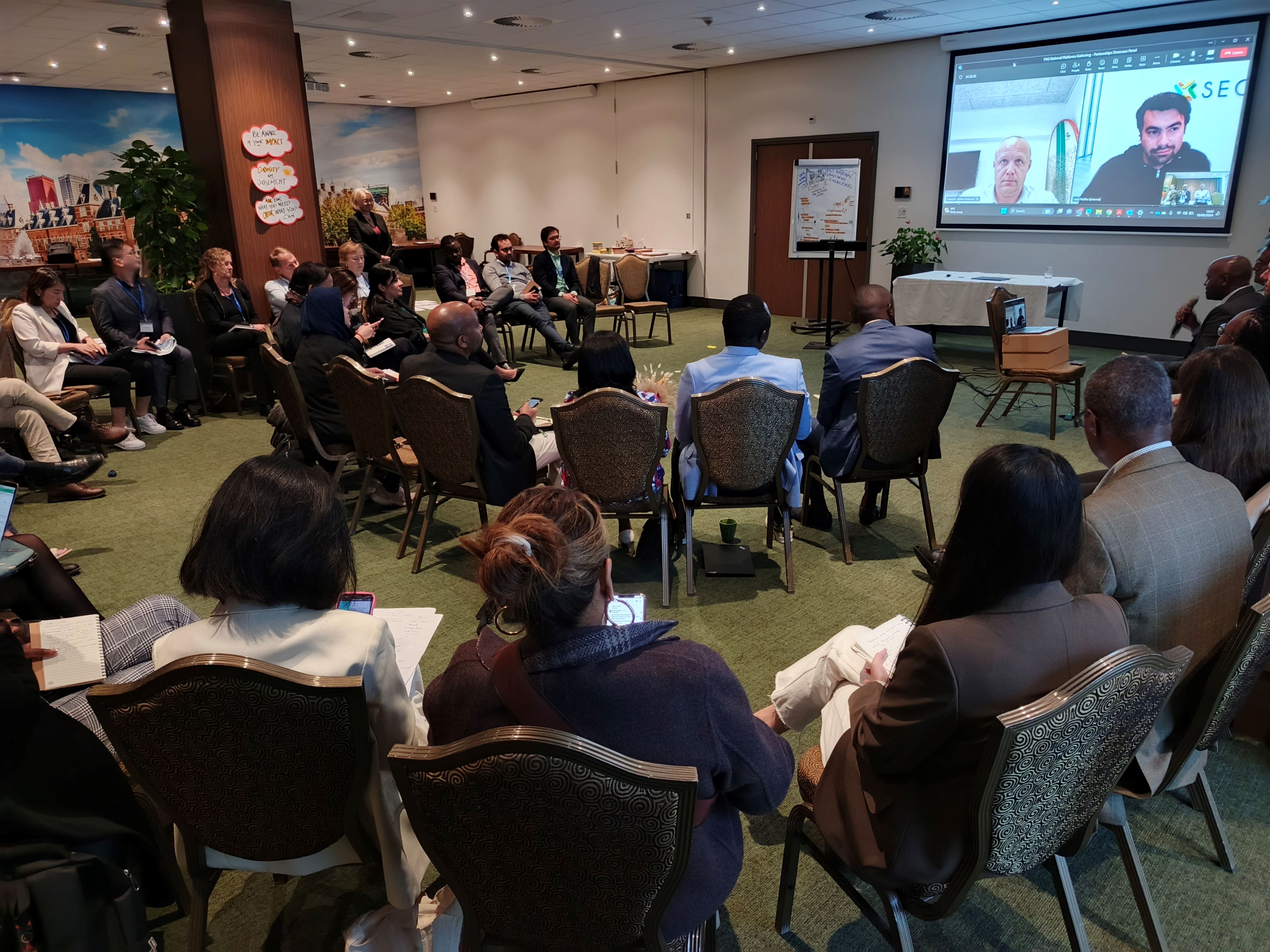
Subject
P4G Partnerships
Country
Publication Date
2024-07-11
Partnership
Prosperous Forests , African Bamboo – Solidaridad East Africa , SEOS,
About
“Go back to the fundamentals of why a startup is built… it’s to solve a problem.” - Juan Pfeiffer, Founder and CEO, SEOS Energy.
On June 19-21, 2024, P4G convened its National Platforms Gathering in The Hague, Netherlands. The event brought together members from P4G’s nine partner country National Platforms to discuss their diverse experiences supporting small- to medium-sized enterprises as they seek to attract investments and advance green business growth.
In the session “Partnerships Showcase & Learnings from the Field,” panelists representing three P4G partnerships, Khalid Duri, Founder and CEO, African Bamboo; Juan Pfeiffer, Founder and CEO, SEOS Energy; and Sebastian Nielsen, CEO, Slow Forest, shared how they are strengthening their business models to become investment ready. These leaders highlighted how support and interventions from P4G and its National Platforms were pivotal to their success and what more is needed to build business ecosystems that help startups thrive.
FOSTERING PEOPLE-FIRST SOLUTIONS
For Sebastian Nielsen, Slow Forest’s challenge started with better understanding the relationship between coffee and the community. “Every time we drink coffee we're destroying the climate, removing nature and keeping farmers in poverty,” he said. Slow’s business model focuses on adding circularity into a broken value chain by working with smallholder coffee farmers to harvest, process and sell directly to consumers.
This model helps farmers receive and retain better prices for their beans, ensuring that this value is redistributed back into the value chain and into the community. Slow Forest partnered with WWF and received P4G funding to conduct feasibility studies for scaling and replicating the model in Indonesia, Vietnam, Ethiopia and Laos. These studies showed that there was a great opportunity to replicate this model in Indonesia, so Slow Forest set up and expanded this project into chocolate and cocoa production. It also allowed Slow Forest to team up with WWF Vietnam to implement this model in the Huong Hoa district of Quang Tri province.
BUILDING CREDIBILITY AND DE-RISKING GREEN INVESTMENT
“We need to have a different investment profile, and we need to have another perspective on what traction is.” - Sebastian Nielsen, CEO, Slow Forest.
Another challenge identified was the chicken-egg scenario in fundraising. SEOS Energy CEO Juan Pfeiffer highlighted how there is great demand for rooftop solar adoption in Colombia, however, it was not translating to funding. SEOS offers a financing platform to advance rooftop solar in Colombia. While there is high demand, SEOS couldn’t acquire a loan to service this demand because it did not have the capital. And it couldn’t secure capital because the investors wanted a bigger portfolio of customers.
In 2023, SEOS closed its pre-seed round. With a P4G grant secured, it was able to unlock further equity from other investors. Additionally, the backing of National Platform partners in Colombia gave SEOS the credibility and authority it needed to draw attention to gaps in climate finance and advocate for greater funding.
For African Bamboo, the technical support they received allowed them to build a risk tool and financial model that is informative and dynamic.
“Climate start-ups must look at how they manage risk, how they present the risk they want to pass on to investors and if that risk is something the investors are willing to live with,” said Khalid Duri.
African Bamboo developed a robust bamboo forest management plan that demystified its technical capacity to manage bamboo and built transparent mechanisms that create higher value for bamboo. A key step for a company who has pioneered technology and a manufacturing process for the large-scale production of bamboo-based building products.
As Khalid noted, when investors see that the risk element is well managed, they have the confidence to bet on startups.
OVERCOMING POLICY AND REGULATORY HURDLES
Both Juan and Khalid mentioned the support of the National Platforms in Colombia and Ethiopia respectively in advocating for the startups’ needs when it came to policy and regulatory needs.
In Colombia, the support of the Department of National Planning was instrumental in getting other stakeholders. As a result, SEOS Energy was one of only seven financial technology companies to secure a guarantee from FNG, the National Guarantee Fund in Colombia, and the only one doing climate. Juan shared how National Platforms can help build capacity among other stakeholders to understand and support projects like theirs so traditional venture capitalists see them as less risky.
In Ethiopia, forestry regulations posed a barrier to entry and scaling for sustainable forestry projects. African Bamboo contributed recommendations to new regulations – many of which were taken on by the Ethiopian National Platform government co-chair led by the Ministry of Planning and Development. As a result, the country has new regulations that are broader and will attract new investors.
From seeing themselves listed on the stock exchange to being critical knowledge drivers who can enable other climate startups, all three leaders had ambitious and impact-driven visions for the future.
Sebastian offered an important takeaway for stakeholders interested in supporting startups, “Help the very early startups take some risks and accept that the metrics for evaluation will be different.”
Meet P4G's Exciting New Startup Partnerships
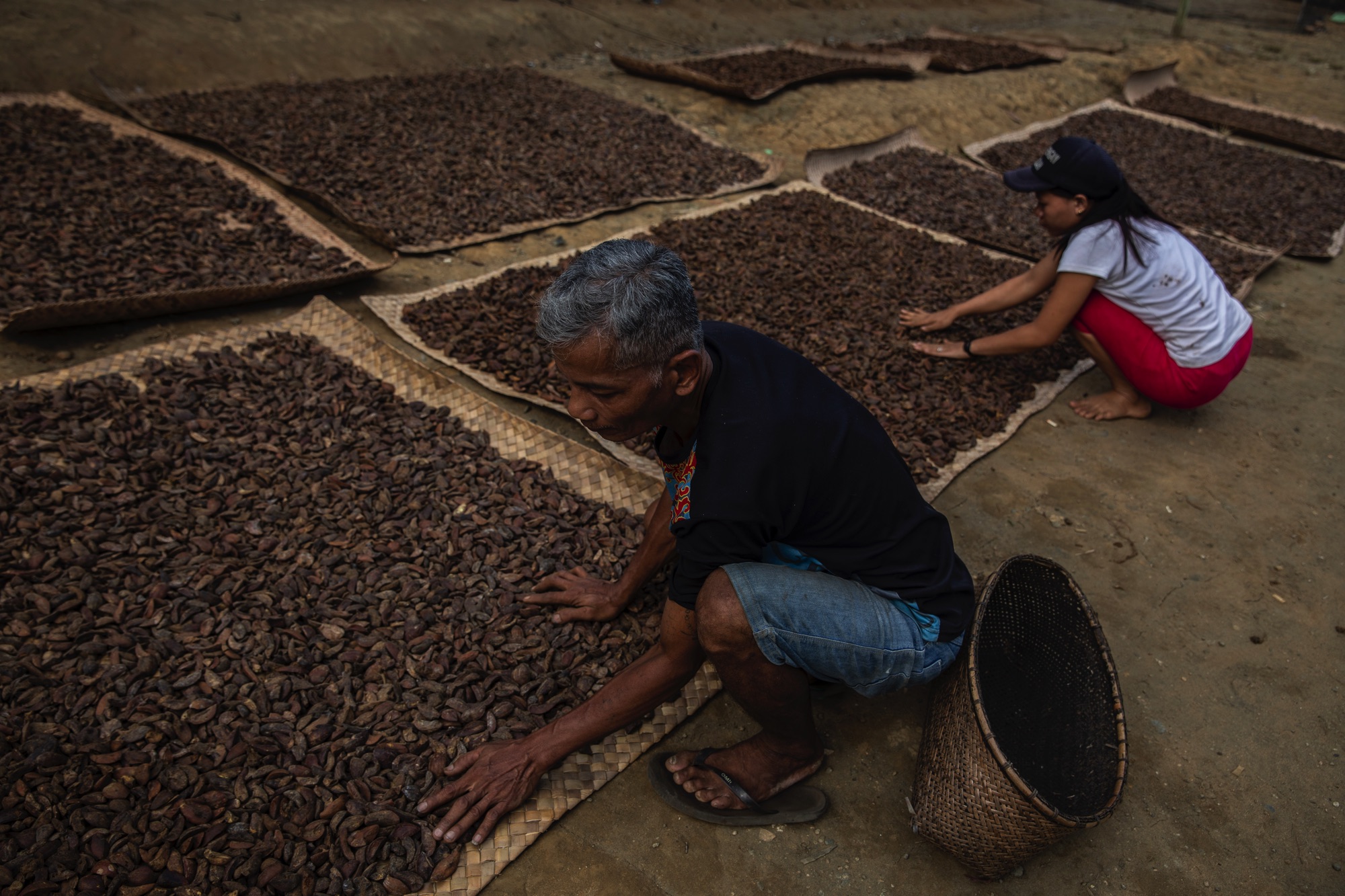
External article
Meet P4G's Exciting New Startup PartnershipsCountry
Republic of Colombia, Denmark, Ethiopia, Vietnam, Indonesia, South Africa, Kenya, The Republic of Korea, Netherlands
Publication Date
2024-04-08
Partnership
RE:harvest – ASEM SMEs Eco-Innovation Center , African Bamboo – Solidaridad East Africa , Sun Run - Sustainable Transport Africa, Residua Biocircular – Tecnnova, Forestwise – Yayasan Rimba Raya Abadi , WasteX – Bina Tani Sejahtera , BIKI – FoodCycle Indonesia , BasiGo – Practical Action , Takazuri – Kwale Recycling Centre , Zimi Charge – Sustainability Institute , Kaloola – BORDA , Adagin Technologies – Savant Foundry NPC, Alternō – ASSIST , Stride – ASSIST, EBOOST – ASSIST, KardiaNuts - Pakka Foundation , ZhanaSolutions – Fondo Acción ,
